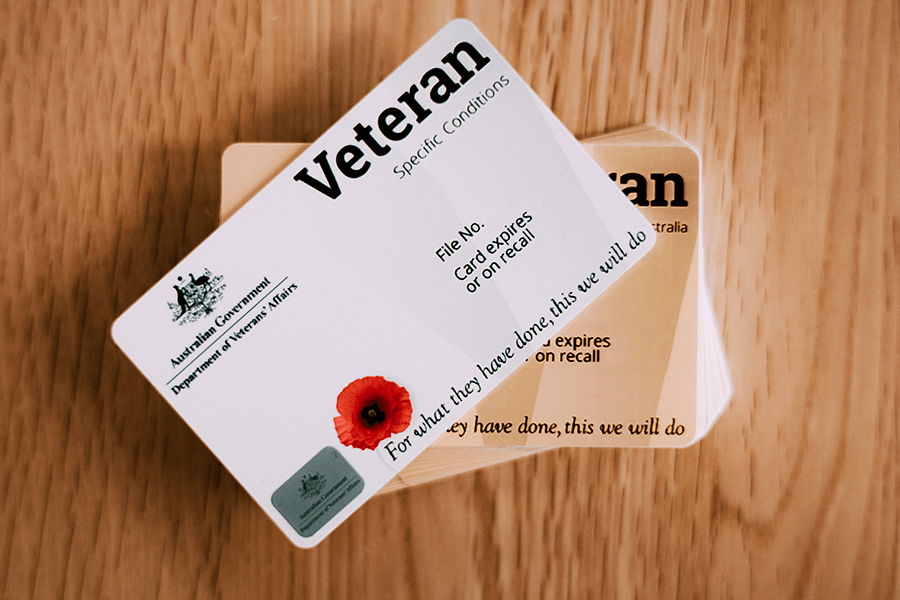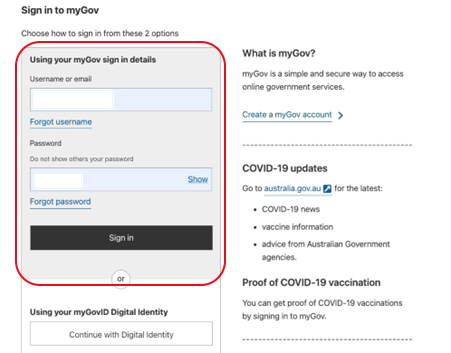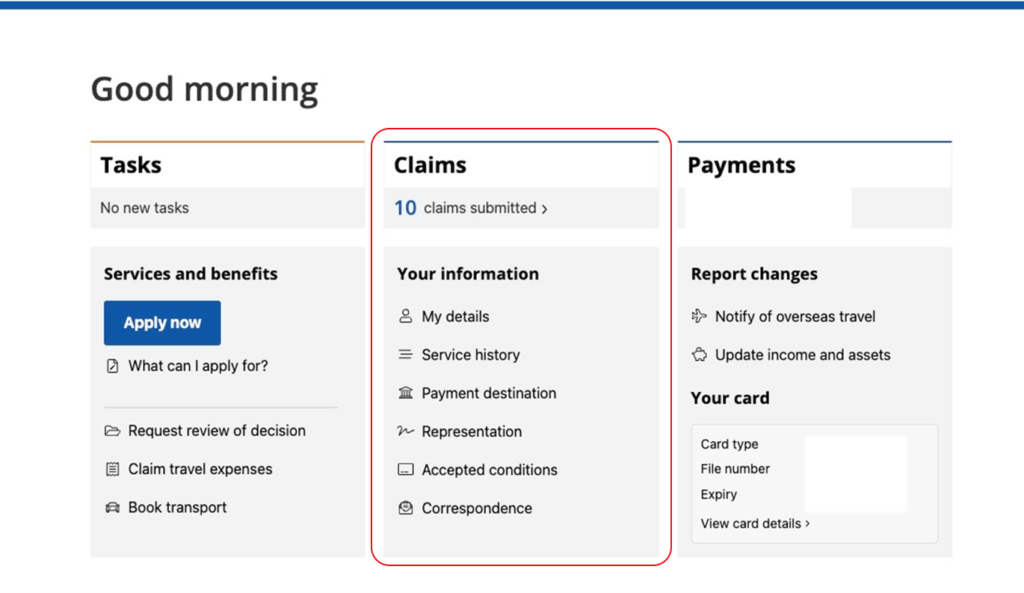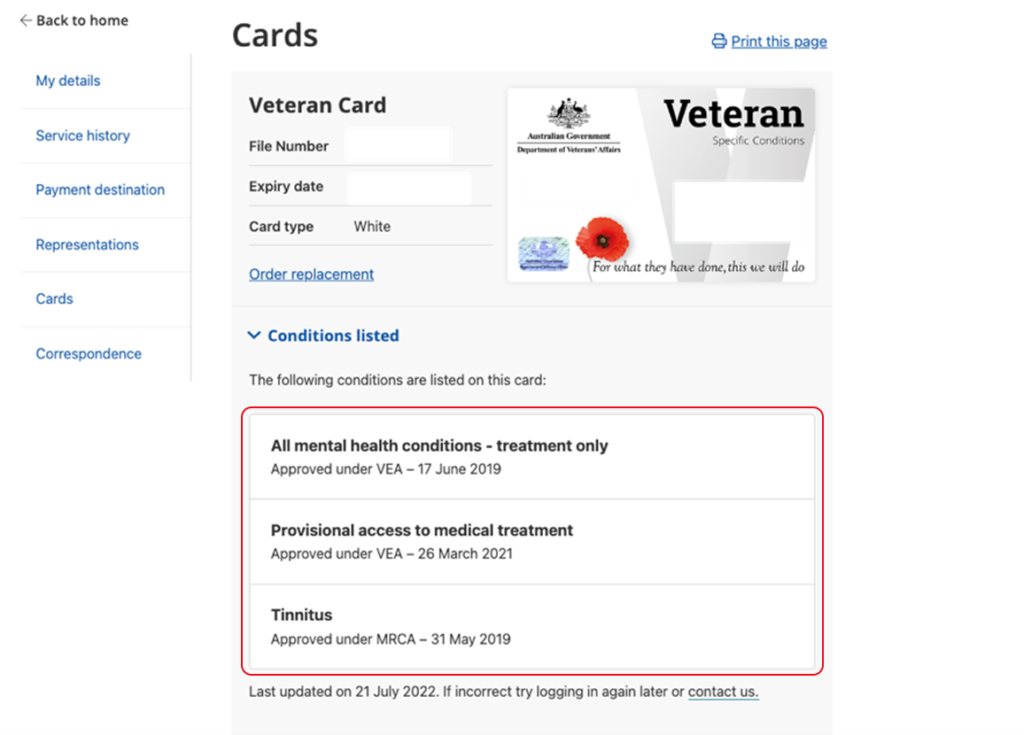Mobility is a fundamental aspect of daily life, and for disabled veterans, regaining and improving mobility is often a top priority. Physiotherapy plays a pivotal role in helping disabled veterans enhance their mobility and regain their independence. In this article, we will explore the essential role of physiotherapy in the lives of disabled veterans, the challenges they face, and the transformative impact of physiotherapists in their journey toward improved mobility.
Understanding Mobility Challenges Faced by Disabled Veterans

Combat-Related Injuries: Combat injuries, such as limb amputations, spinal cord injuries, and traumatic brain injuries, can have a profound impact on mobility.
Musculoskeletal Conditions: Conditions like osteoarthritis, degenerative disc disease, and other musculoskeletal disorders can restrict mobility.
Age-Related Mobility Issues: As veterans age, they may face mobility challenges due to conditions like osteoporosis or general muscle weakness.
Psychological Factors: Conditions like post-traumatic stress disorder (PTSD) can affect both mental and physical well-being, potentially limiting mobility.
The Role of Physiotherapy in Enhancing Mobility
Assessment and Individualised Treatment Plans
Physiotherapists conduct comprehensive assessments to understand the specific mobility challenges of disabled veterans. They then develop individualised treatment plans tailored to each veteran’s unique needs and goals.
Mobility Enhancement Exercises
Physiotherapy includes a wide range of exercises aimed at improving strength, flexibility, balance, and mobility. These exercises are vital for helping disabled veterans regain functional movement.
Gait Training
Gait training is essential for veterans who may have altered or impaired walking patterns due to injuries or conditions. Physiotherapists work on retraining and optimising walking movements.


Assistive Devices and Mobility Aids
Physiotherapists guide veterans in selecting and using assistive devices and mobility aids such as canes, walkers, or wheelchairs, when needed.
Pain Management
Disabled veterans often experience pain related to their mobility challenges. Physiotherapists employ pain management techniques to alleviate discomfort, improve mobility, and enhance the quality of life.
Psychological Support
Psychological factors can affect motivation and engagement in physiotherapy. Physiotherapists provide emotional support, encouraging veterans to stay committed to their rehabilitation journey.
Adaptive Techniques for Daily Living
Physiotherapists teach adaptive techniques for performing daily activities, such as getting in and out of bed, dressing, and personal care. These techniques promote independence.
Home Exercise Programs
Physiotherapists design home exercise programs to ensure that veterans continue their rehabilitation outside of clinic sessions. Consistent exercise is essential for maintaining and enhancing mobility.
Community Reintegration
For veterans looking to reintegrate into their communities, physiotherapists provide training in community mobility, addressing accessibility challenges and building self-confidence.

Enhancing mobility for disabled veterans is not just about physical recovery; it’s about restoring independence and improving the overall quality of life. The role of physiotherapy in this journey is indispensable. Physiotherapists work hand in hand with disabled veterans, offering personalised assessments, treatments, and support to help them regain their mobility and achieve their mobility-related goals.
The stories of veterans who have triumphed over mobility challenges with the guidance and care of physiotherapists serve as a testament to the resilience and determination of these heroes. Through physiotherapy, disabled veterans can embrace a brighter future filled with increased independence and improved mobility.









